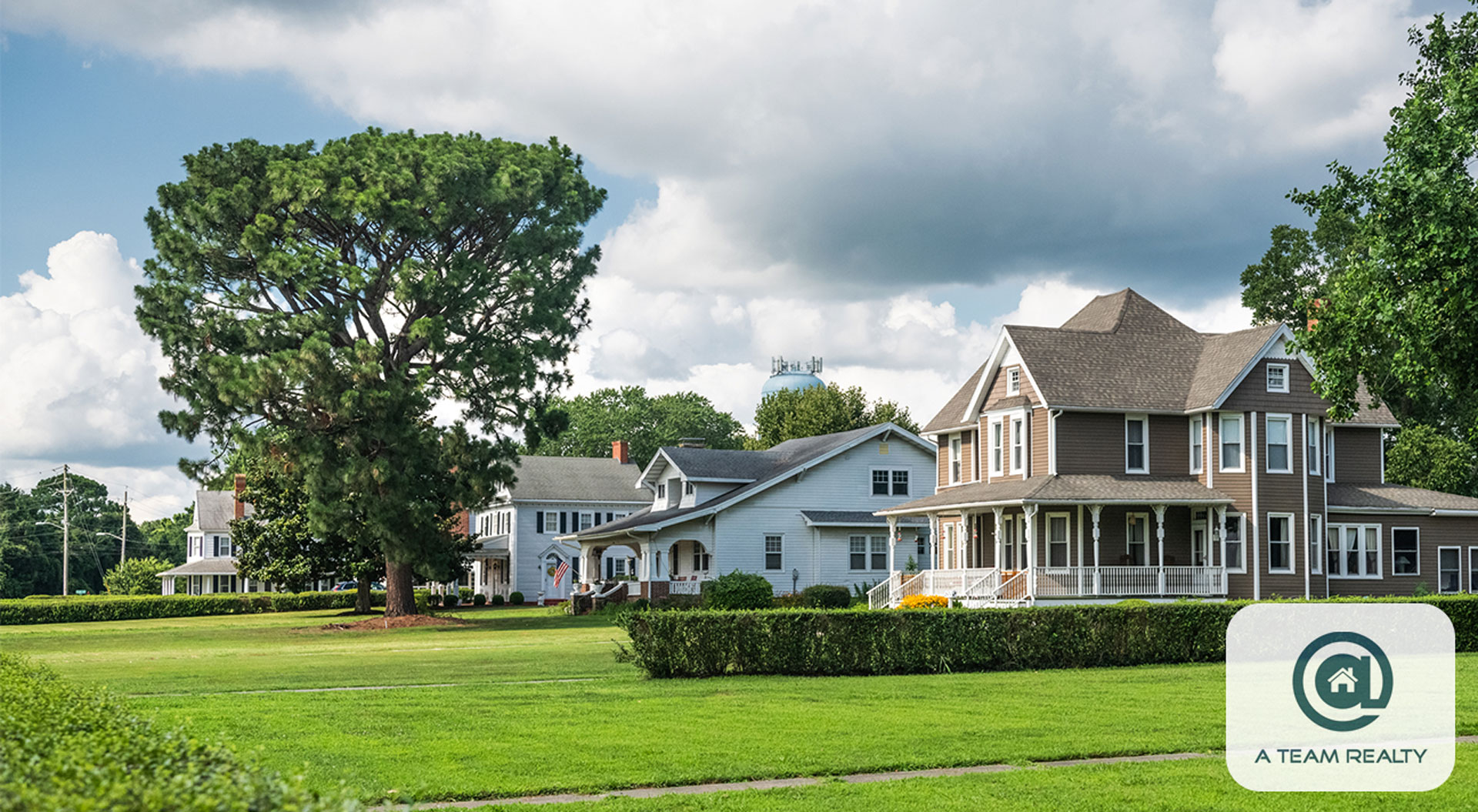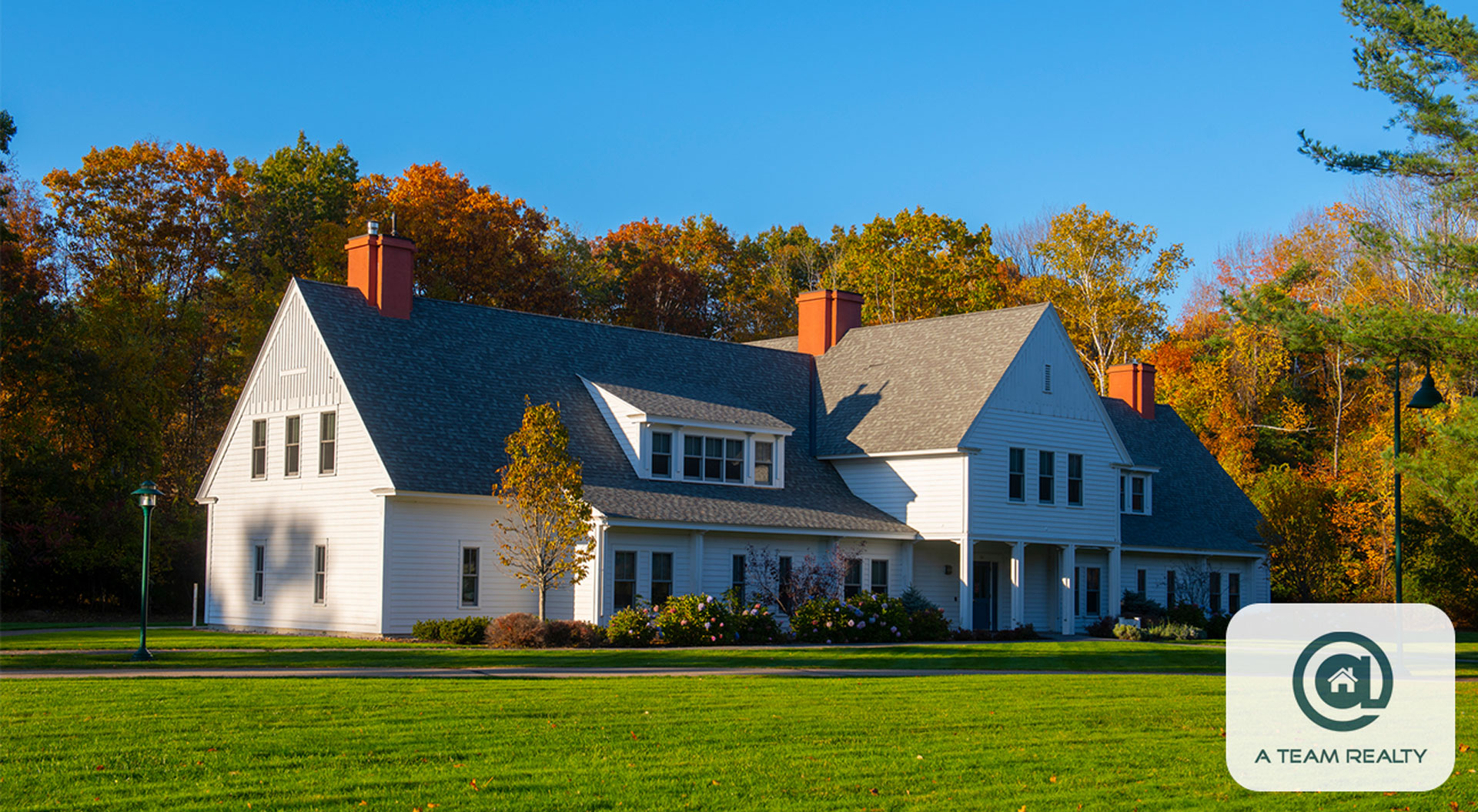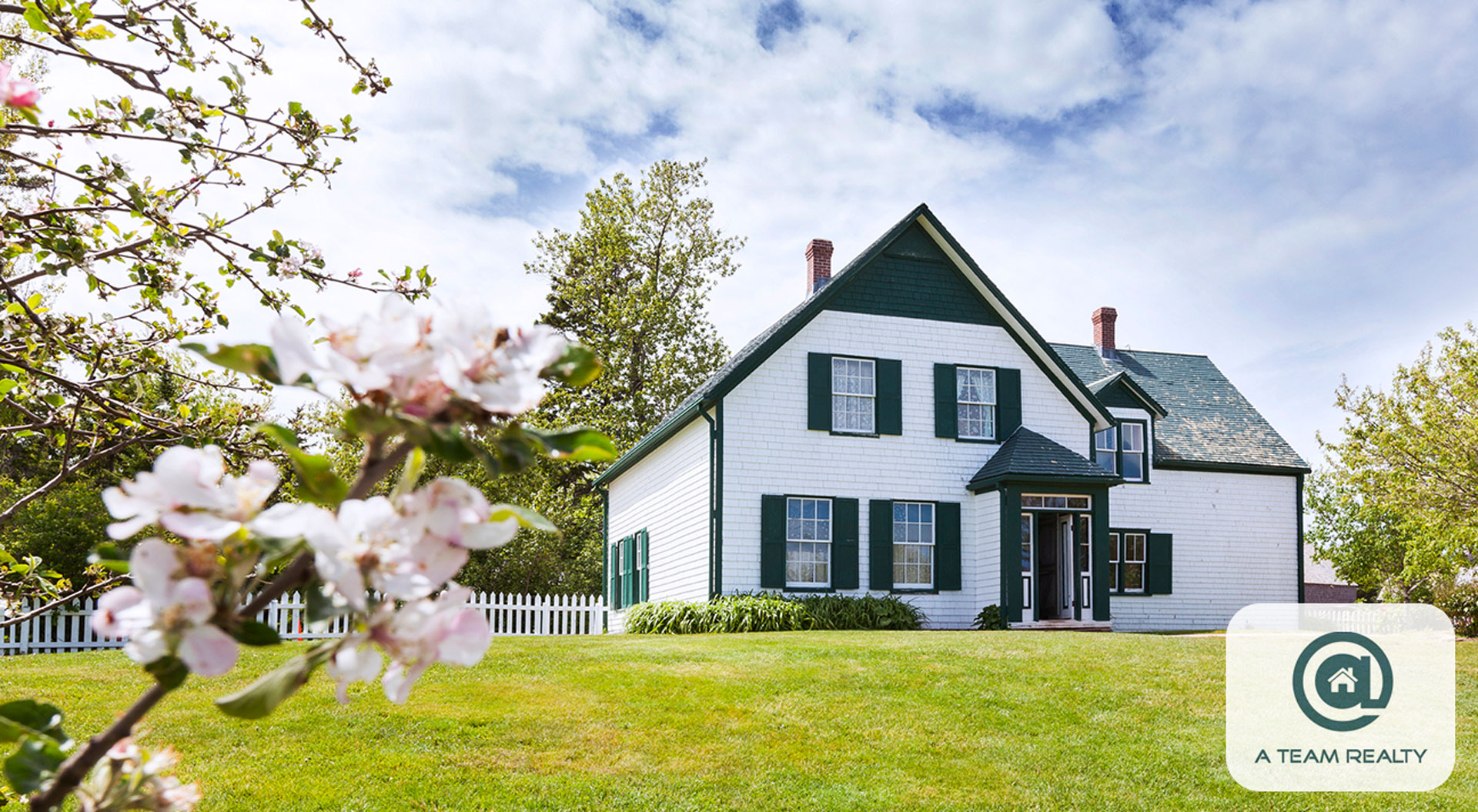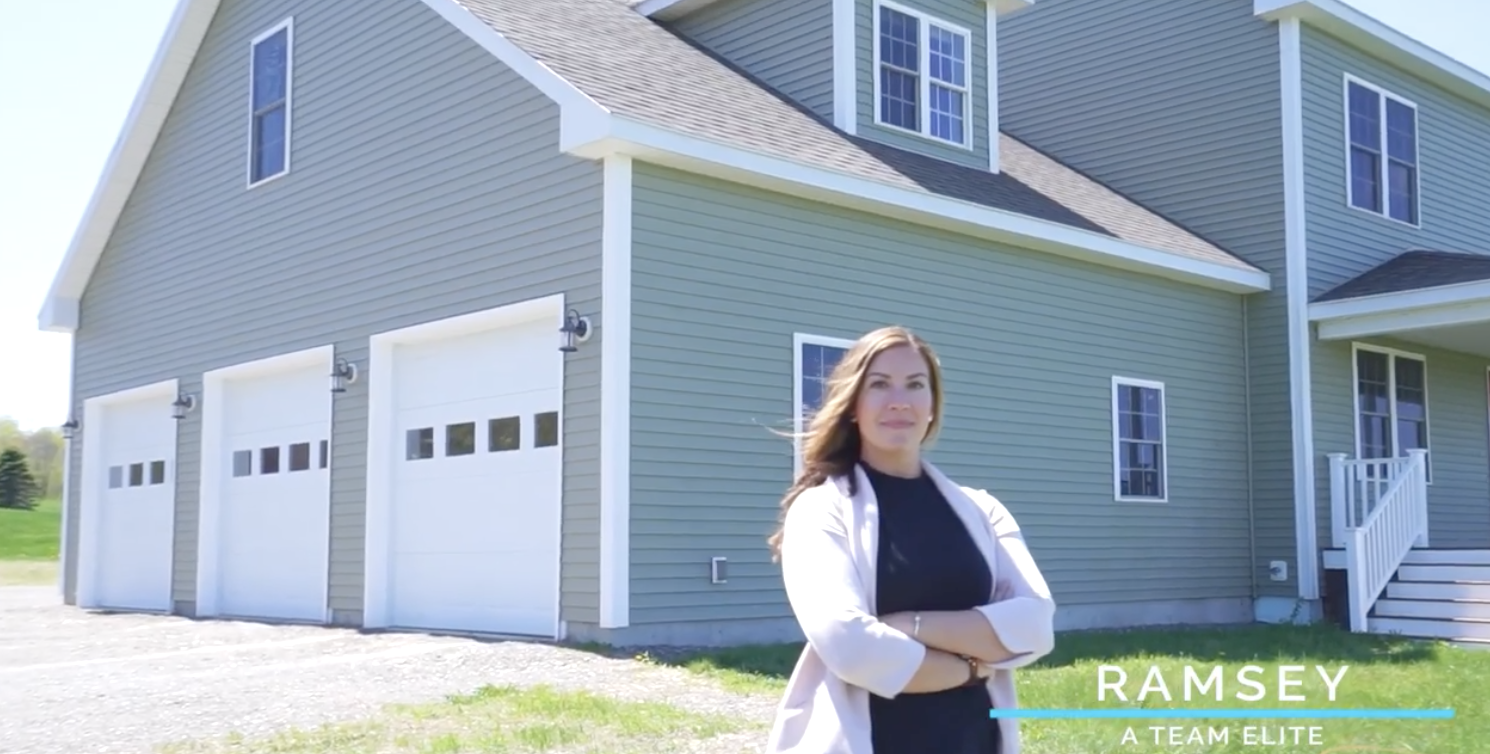Maine Housing Deficit: Navigating Demand and Trends by 2030
Tried finding a home in Maine recently?
Maine is experiencing a housing crisis. Reports say we are 80,000 homes short of the demand.
The challenge doesn't stop there! By 2030, we're going to need even more homes because of expected demand. The question now isn't just about how many houses we lack but also about what needs to be done so folks can finally call Maine their home.
Turn your Maine real estate dreams into reality with the A Team Realty - Contact us today!
Understanding Maine's Housing Deficit
Maine is grappling with a significant challenge - a housing deficit of approximately 80,000 homes. The scarcity of available homes has created a competitive environment that favors sellers but makes home buying difficult for many residents. About half of those homes are to fix historic lack of construction following the great recession and the other half to meet the anticipated population boom from the thousands of remote workers moving to Maine since the pandemic.
Facing Future Challenges Head-On
And here’s where things get tricky: If no action is taken now to address this growing need for affordable homes in Southern Maine, future challenges could be more daunting than what we're currently experiencing.
However, there’s also an opportunity hidden within these numbers.
Real estate agencies, builders & developers have an opportunity carve out a prosperous future while doing their part in addressing Maine’s housing deficit.
Important Takeaway:
Maine's housing market is facing a tough challenge - an 80,000 home deficit. The current situation sees more demand than supply, making it a seller's market and challenging for buyers. As population growth increases post-pandemic, construction can't keep up with the rising need for homes. But let's not forget that every problem presents an opportunity – in this case, one ripe for real estate developers and investors.
Projected Demand for Homes by 2030
Trends suggest an uptick not just in quantity but also quality requirements from future homeowners as living standards improve along with economic development. Hence there'll be no one-size-fits-all solution here—future houses should cater to varied preferences and budgets.
This trend isn't exclusive to urban areas either - rural parts of Maine could experience similar trends too. More open spaces will likely transform into residential areas within a decade or so, especially as populations get priced out of southern Maine.
The Challenge Ahead: Meeting Projected Demand
Naturally then, meeting such heightened expectations will pose challenges on multiple fronts—from construction planning through execution—to ensure timely delivery without compromising quality or affordability.
So, whether you're a hopeful homeowner hunting for your dream home or a seller aiming to squeeze the most value from your Southern Maine property—it's vital to grasp these future trends.
Important Takeaway:
Maine's housing market is set for a shake-up by 2030, with demand expected to soar due to population growth and economic factors. The race for homes will heat up as supply struggles to keep pace - think rock concert t-shirt frenzy. With varied tastes and budgets, there won't be a one-size-fits-all solution.
Strategies for Addressing the Housing Deficit
The task at hand might seem daunting, considering Maine's housing deficit is significant.
The first move towards addressing this crisis involves acknowledging our responsibility as individuals and community members. It is up to us all - real estate agencies, local authorities, developers and residents – to work together in creating solutions.
To achieve such ambitious goals we need out-of-the-box strategies such as fast-tracking approvals for home building projects or providing incentives for property developers who commit to constructing affordable houses within set timelines.
The Role of Real Estate Agencies
Real estate agencies, such as A Team Realty, are essential in aiding buyers and sellers to traverse the intricate landscape of Maine's housing market deficit.
Guiding Buyers Through a Competitive Market
In contrast to sellers who can usually get far more for their properties with such low inventory, buyers face a lot of challenges. The competition among prospective homeowners seeking family homes is intense as they try finding properties that match both their needs and budget.
Home affordability is a problem also. In 2022, the median home price in the state was $334,000. At that price, you'd need a household income of more than $100,000 a year to make buying a home affordable. In Maine, the median income is around $68,000.
A good real estate agency like A Team Realty will show available properties and also guide buyers through intricate mortgage processes and negotiating fair deals on behalf of them. Realtors' expertise, coupled with insider understanding of specific neighborhoods and future trends, makes all the difference here. Since we also do this for a living, we are aware of houses coming on the market and we can quickly send you listings that meet your requirements. Timing is critical in a housing shortage.
Understanding the Local Market
Economic prosperity often attracts new residents seeking better opportunities. This creates additional pressure on an already tight housing supply. About a third of Maine buyers are coming from states like Massachusetts and New York, where populations have typically higher incomes and so Maine properties feel more affordable to them.
In addition, demographic shifts play their part too. Maine is the oldest state in the nation with a median age of 45 years. It is considered the oldest because it has a high percentage of baby boomers. Maine’s aging population impacts both ends of the spectrum: some folks downsize while others move here for retirement attracting younger workers in healthcare or social services industries who need affordable housing.
Maine has also seen an enormous explosion of immigrants, asylum seekers and refugees in the state, who increase the labor force but are also seeking affordable housing. In some parts of the state, this has led to a housing crisis.
Meanwhile, high construction costs, limited land availability impact housing production while increased interest rates make it harder to afford a home.
Fortunately, a study finds that following a post-pandemic period of high inflation and unpredictable supply chain operations, prices and supply are beginning to stabilize, providing contractors more consistent costs.
Construction Trends
Three trends that the state of Maine is employing are Green Construction, 3D Integration and Mass Timber.
Green construction includes sustainable building materials, efficient insulation systems, thermal bridging, energy recovery ventilation, building waste reduction, solar-ready designs, and others to meet LEED-certified, Energy Star-rated, and IRC standards.
3D Integration has been used in the state, including University of Maine’s affordable 3D printed house that was completed in late 2022. This uses advanced software combined with at-scale 3D printing operations along with local and sustainable building materials.
Finally, the use of mass timber is increasing. Mass timber is a category of wood product, comprised of multiple solid wood panels nailed or glued together, that provide exceptional strength and stability. It’s a strong, low-carbon alternative to concrete and steel.
Can these solutions help to meet expected demand or help to solve a housing crisis? Eventually...absolutely. We need to think creatively to increase housing stock, particularly with the expected population growth in Maine.
Important Takeaway:
Aging populations, competition for homes, high construction costs and land scarcity are real roadblocks.
Conclusion
Maine's housing deficit is no small matter. With a shortage of nearly 80,000 homes and growing, the problem needs attention.
Increased interest rates, limited existing homes for sale, construction setbacks, aging population and expected population growth all contribute to our housing crisis.
What can help? Certain construction trends are promising. And in the short term, if you are interested in purchasing a property in Maine, a local real estate agent is a good investment. They understand the market, the towns and the process.
Together, let’s make sure every person has a place they can call 'home' in our beautiful state!
Ready to make your dream of owning a home in Maine a reality? Don't navigate the complex real estate market alone. Trust A Team Realty, with over 25 years of experience and a commitment to personalized, attentive service. Whether you're buying or selling, we're here to ensure a smooth, stress-free process. Contact us today at (207) 894-8484 or email us at info@ateammaine.com. Let's turn your real estate dreams into reality together!










